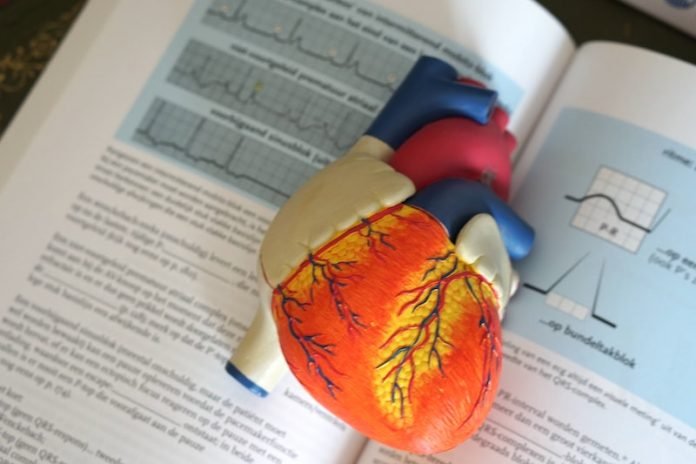
With modern-day cancer therapeutics presenting adverse side effects to heart health, scientists are studying methods to attack cancer cells without the risk of damaging the heart.
In a new study from…, researchers developed the biological compound arimetamycin A, and they found it could kill cancer cells in mice without harming the heart.
Natural isolated products from soil bacteria known as anthracyclines are currently being used as cancer therapeutics.
Chosen because of their inexpensive cost and high level of toxicity to tumors, specific anthracyclines, including doxorubicin and daunorubicin, also attack the heart in the process of killing cancer.
To synthesize arimetamycin A, the team modified the carbohydrate, or sugar, portions of anthracyclines and then fine-tuned their activity, increasing toxicity levels toward cancer cells while decreasing the adverse effects on the heart.
The synthesis and promising results could lead to less harmful cancer drug discovery.
According to the team, in a clinical setting medical doctors play a delicate game when prescribing medication to kill cancer. They aim to prescribe enough to kill cancer but not in an amount that could potentially harm the heart.
With the synthesis of fewer cardio-toxic drugs, healthier cancer therapeutics can be achieved.
Even though the research team validated that arimetamycin A is more cytotoxic than current cancer therapeutics, they aim to further increase the drug’s toxicity levels while decreasing cardiotoxicity.
They will try to attach the new anthracyclines (known as a payload) to an antibody, to study targeted delivery of the drug to tumors.
These antibody-drug conjugates allow increased drug levels at the tumor site while avoiding cardiotoxicity completely.
If you care about cancer, please read studies about this drug for inflammation could help stop cancer metastasis and findings of common drug for diabetes, alcoholism may help treat cancer.
For more information about cancer prevention and treatment, please see recent studies about these 3 things linked to higher colon cancer risk and results showing that a new way to kill pancreatic cancer from within.
The study is published in ACS Central Science. One author of the study is Steven Townsend.
Copyright © 2021 Knowridge Science Report. All rights reserved.



